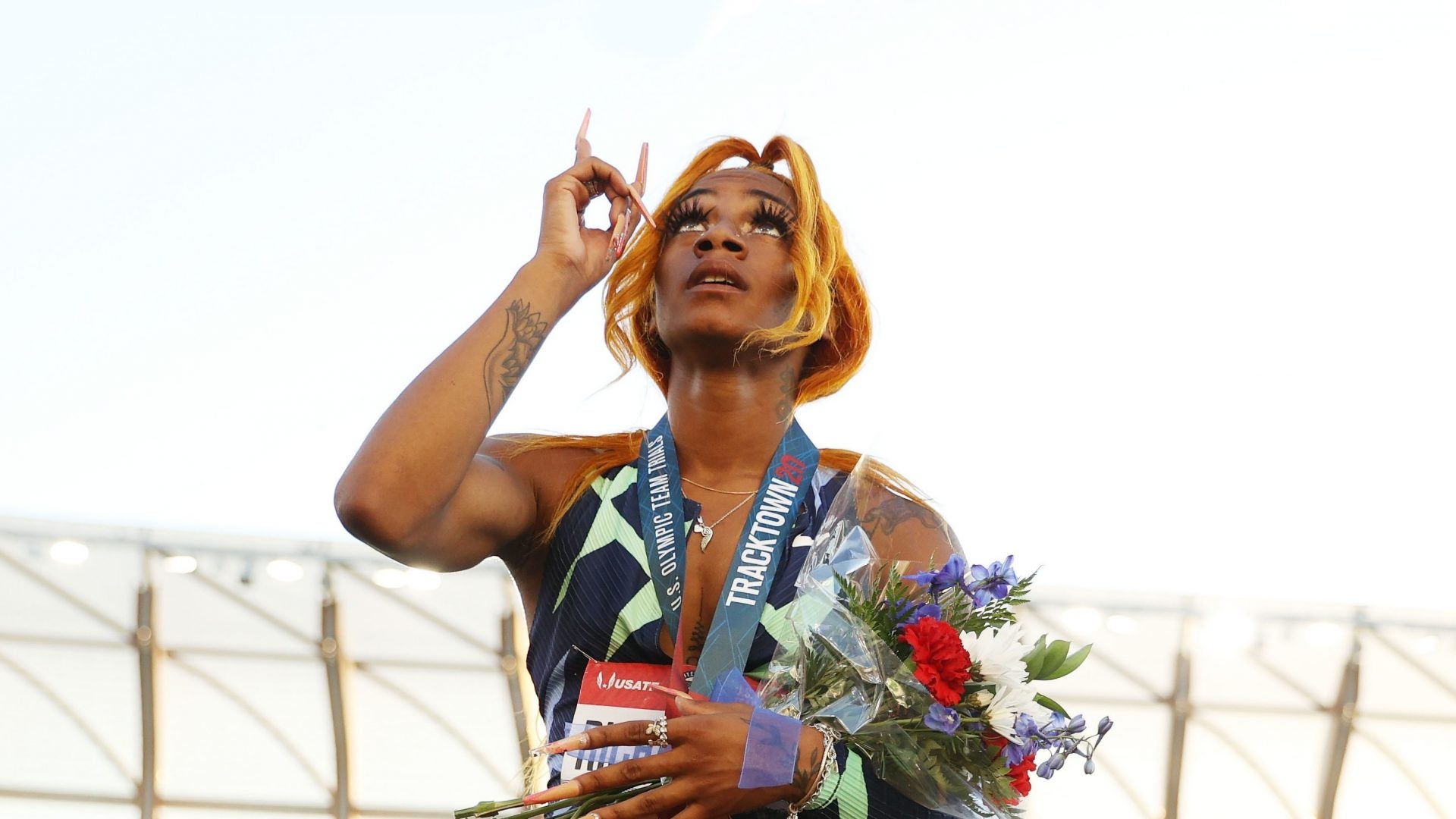
Sha’Carri Richardson will not appear in Tokyo as part of the 2021 Olympics, according to a new list released by USA Track and Field. This decision comes after the talented sprinter tested positive for marijuana, costing her a chance at competing for gold as part of the relay team and her individual spot in the 100-meter individual race.
Despite other athletes in previous Olympics testing positive or admitting to marijuana use, Richardson’s THC-positive test nullified her win at the Eugene, Oregon Olympic trials from last month and all that came with it. Her 30-day suspension will end before the start of the relays on Aug. 5, which left the door open to the possibility, but her name was not on the roster USATF sent out for media consideration.
With two discretionary picks beyond the top four finishers in the 100-meter final at trials, the USATF chose not to offer Richardson a spot, which made many in the sports world confused. A petition dubbed “Let Her Run,” which was started in the aftermath of the drug test controversy, currently has 550,087 signatures, and yet means little to helping the standout sprinter to compete.
In a statement via USATF, the foundation said it was “incredibly sympathetic toward Sha’Carri Richardson’s extenuating circumstances” and “fully agrees” that international rules regarding marijuana should be reevaluated.
“So while our heartfelt understanding lies with Sha’Carri, we must also maintain fairness for all of the athletes who attempted to realize their dreams by securing a place in the U.S. Olympic Track & Field Team,” the statement continues.
Richardson understands that this is only the beginning of her Olympic journey, sharing with the Today show that this isn’t the end of her dreams by any means. “This is just one Games,” she said. “I’m very young. … I have plenty of Games left in me to compete in and I have plenty of talent that backs me up, because everything I do comes from me naturally. No steroids, no anything. This incident was about marijuana, so after my sanction is up, I’ll be back and able to compete, and every single time I step on the track I’ll be ready for whatever anti-doping agency to come and get what it is that they need.”
While professional leagues such as the NFL, NHL, and NBA, have greatly reduced enforcement of marijuana rules, the Olympic world continues to test for and punish use in accordance with the U.S. Anti-Doping Agency. The banned list can include drugs that can pose health risks to athletes or violate the “spirit of sport.”